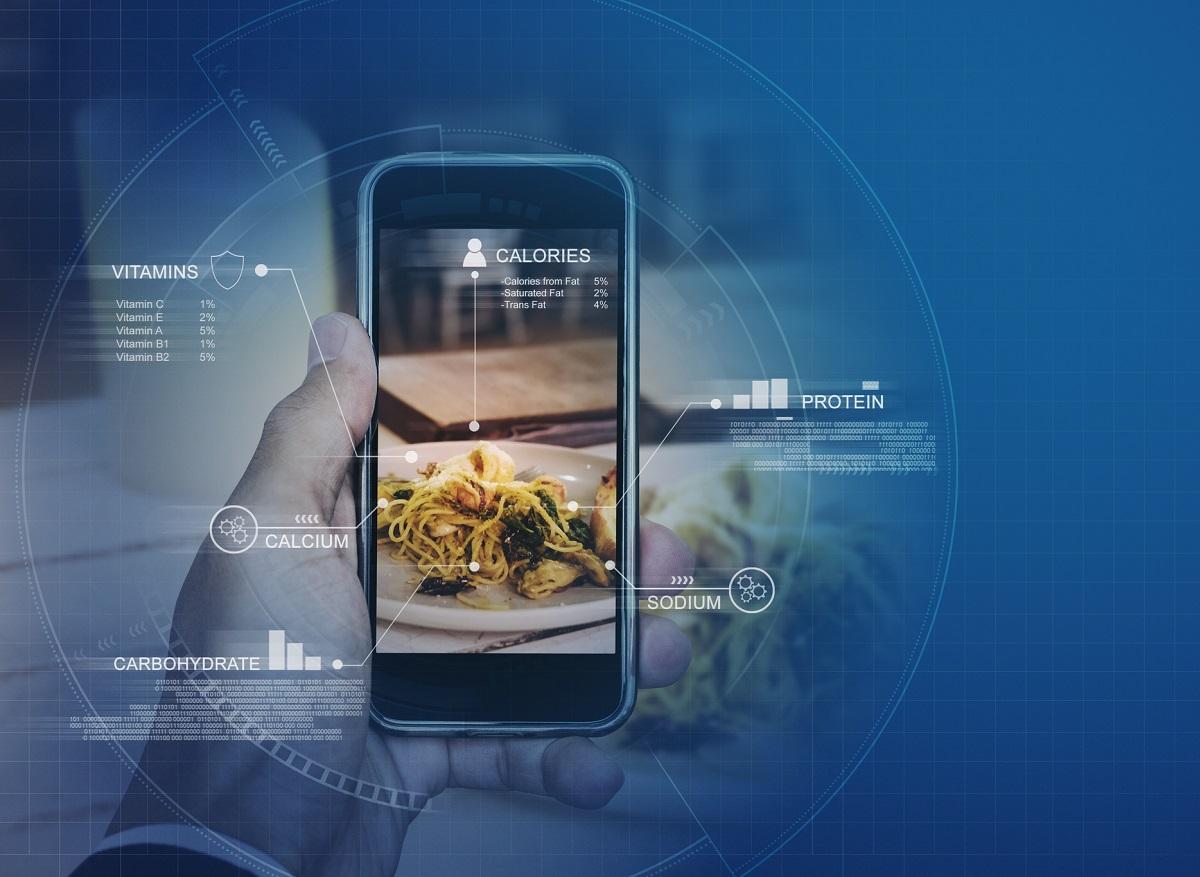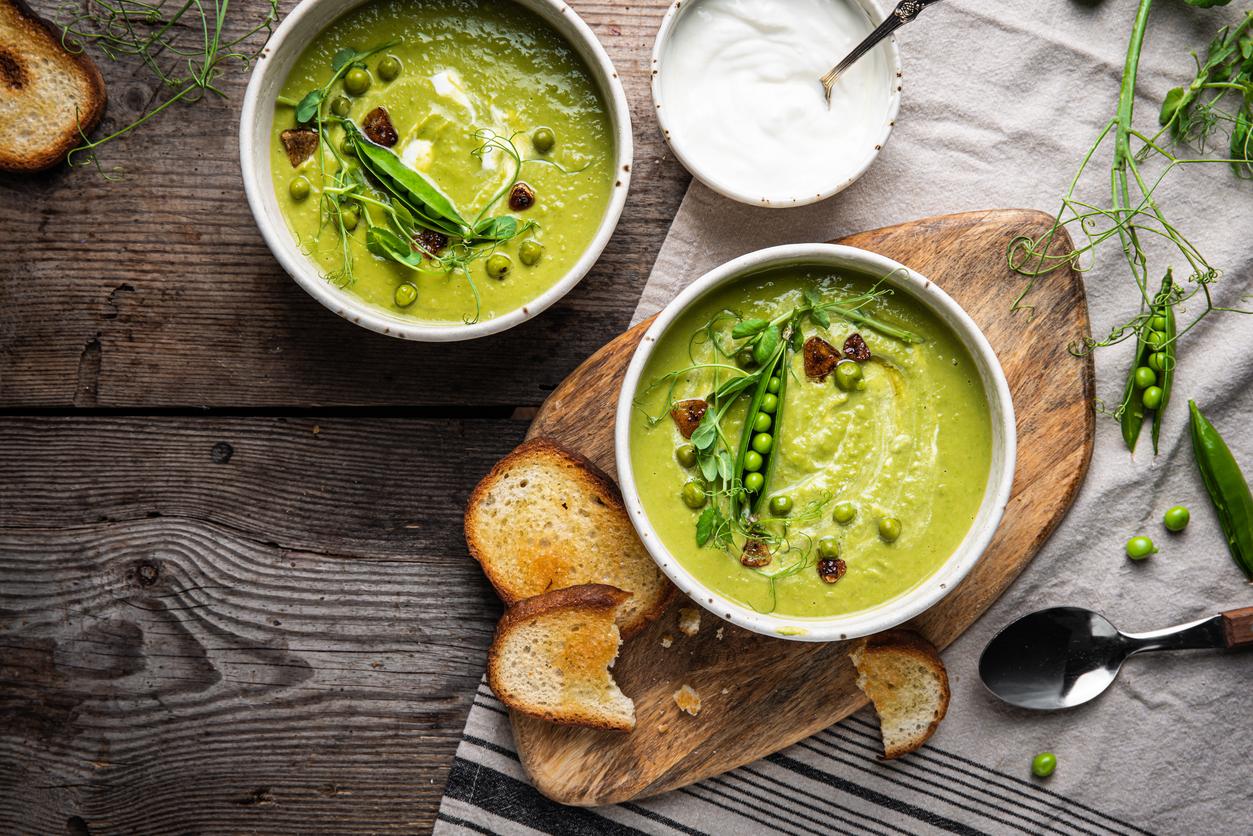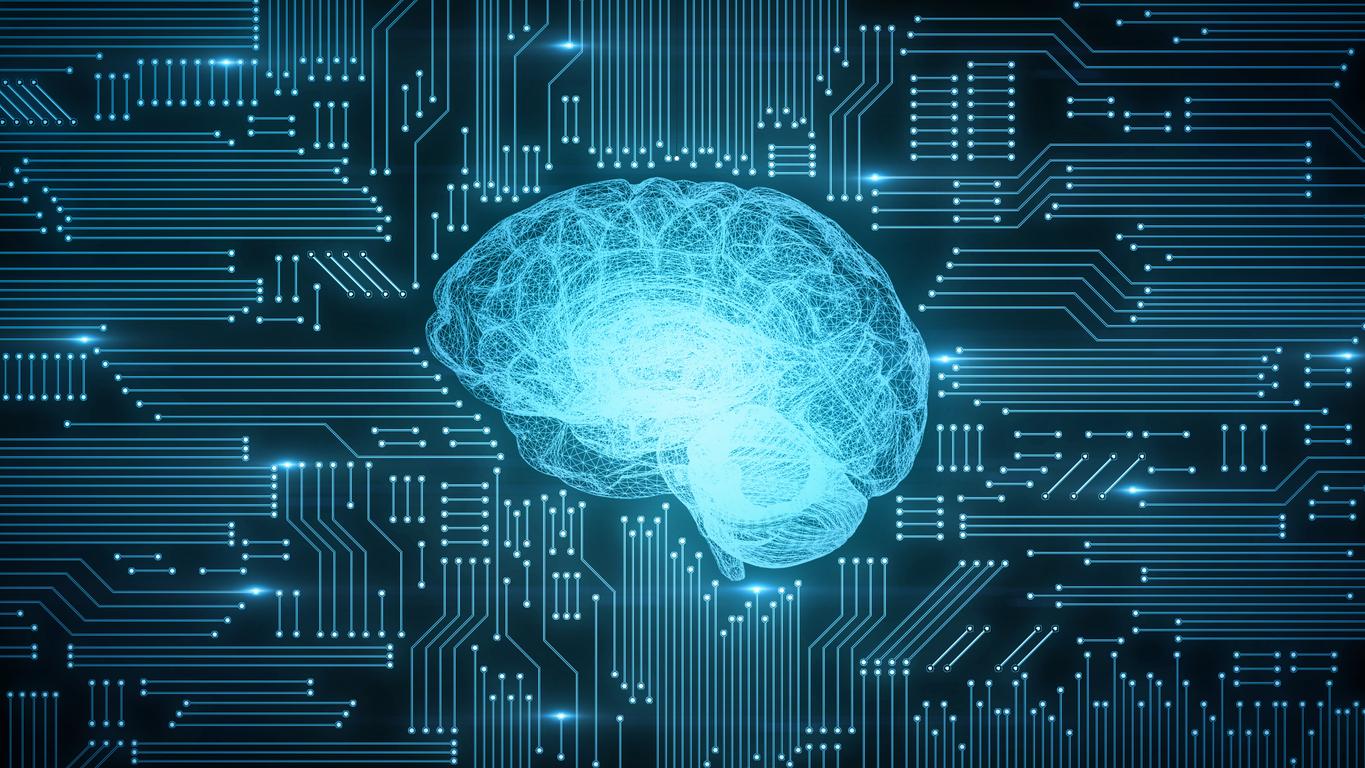Artificial intelligence (AI) is no longer the preserve of science fiction movies. It is increasingly making its way into our daily lives, including our diets. From designing new products to personalizing diets, AI is profoundly transforming the food industry. But how is this technology revolutionizing our plates?

- Artificial intelligence is transforming the way we eat.
- It allows the creation of tailor-made food products, the optimization of production chains and the provision of personalized nutritional advice.
- However, its development must be done responsibly to ensure food safety and consumer protection.
AI is able to analyze huge amounts of data on ingredients, flavors, culinary trends and consumer preferences. With this information, it can generate original and personalized recipes, combining unexpected ingredients and creating new flavor combinations.
By analyzing an individual’s genetic data, AI can recommend foods tailored to their specific needs. This paves the way for the creation of ultra-personalized food products, designed to optimize each individual’s health.
More efficient and sustainable production
AI can help optimize production processes in the food industry. For example, it can:
• Predicting crop yields : Thanks to the analysis of meteorological and satellite data, farmers can adjust their practices and optimize their harvests.
• Detecting food fraud : AI is able to analyze images and data to detect counterfeit or altered products.
• Reduce food waste : By predicting demand, AI makes it possible to adjust production and limit losses.
Personalized nutritional advice
Smart mobile applications
Many mobile apps use AI to provide personalized nutritional advice. By analyzing the user’s dietary data, they can identify deficiencies and excesses and suggest balanced menus.
Virtual Dietitians
AI-powered chatbots and voice assistants can answer consumers’ nutrition questions and help them make healthier food choices.
Artificial intelligence is revolutionizing the food industry. By offering powerful data analysis tools and automating many tasks, it allows for the development of healthier, more personalized and more sustainable products. However, it is essential to ensure that the use of AI in food is done with respect for consumers and the environment.
The challenges of AI in food
While AI offers many opportunities, it also raises challenges:
• Data protection: The collection and analysis of personal data raises important ethical and legal questions.
• Reliance on algorithms: Too much reliance on algorithms can lead to errors and biases.
• Cost: Implementing AI solutions can be costly for businesses, limiting access for some SMEs.

















